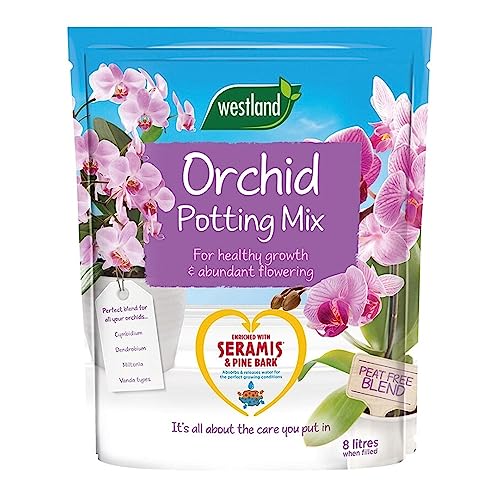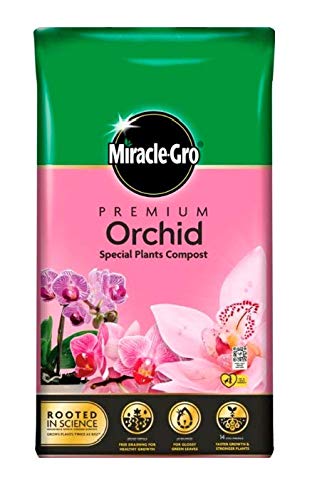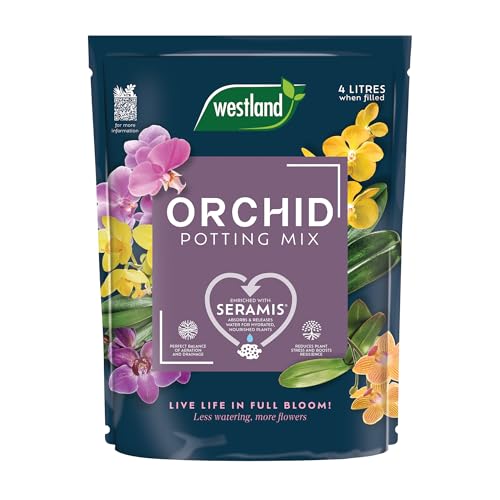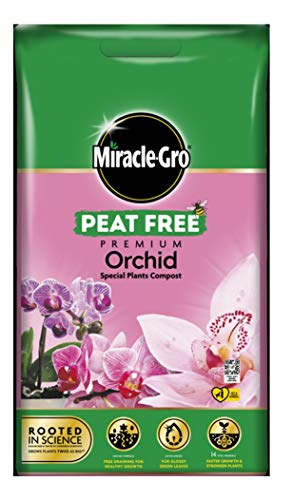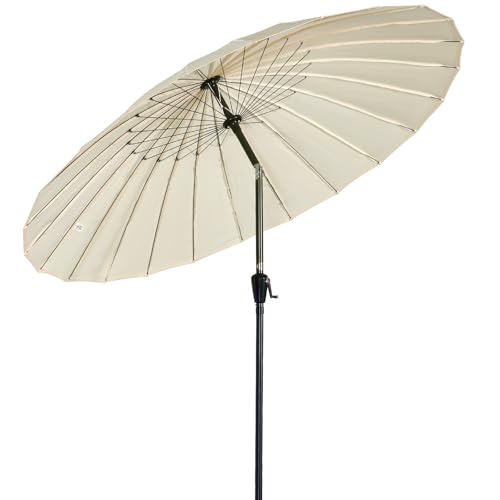Understanding Orchid Soil: The Essentials We Need to Know
What Makes Orchid Soil Unique?
Orchids have very specific needs when it comes to soil. Unlike traditional houseplants that thrive in solid, compact soil, orchids need a growing medium that allows for adequate air circulation and drainage. This is crucial because orchids are epiphytic plants, meaning they naturally grow on trees in the wild, where their roots are exposed to air and moisture rather than being buried in the ground. Understanding this unique requirement will help us provide the best care for our orchids.
Components of Orchid Soil
Orchid soil is typically a mix of various materials that enhance aeration and drainage. Common ingredients include bark chips, sphagnum moss, perlite, and charcoal. Bark chips provide structure and ensure air pockets are formed, which is vital for root health. Sphagnum moss retains moisture without becoming waterlogged, while perlite helps increase aeration. Charcoal can act as a natural filter to keep the soil healthy by absorbing toxins.
Types of Orchid Soil: Choosing the Right Mix for Our Plants
Different Orkid Species, Different Needs
Selecting the right type of orchid soil depends significantly on the specific orchid species we are growing. For example, Phalaenopsis orchids typically thrive in a coarse bark mix, as they require excellent drainage and airflow. Conversely, Cattleya orchids prefer a mixture that holds more moisture while still allowing airflow around the roots. By understanding the needs of our specific orchid species, we can make a more informed choice.
Pre-Mixed Options vs Custom Blends
When shopping for orchid soil, we often face the choice between pre-mixed options and creating our custom blend. Pre-mixed soils offer convenience, as they are formulated to meet the needs of common orchid varieties. However, if we have specific requirements or if we want to cater to a less common species, custom blends might be the way to go. This allows for more control over moisture retention and aeration based on our environmental conditions.
How to Prepare Orchid Soil for Planting: A Step-by-Step Guide
Gathering Necessary Materials
Preparing orchid soil starts with gathering all necessary materials. We need our chosen orchid mix, water, and any additives like slow-release fertilisers or rooting hormones if desired. It’s also helpful to have pots with adequate drainage holes ready for planting.
Mixing and Moistening Your Orchid Soil
Once we have our materials, the next step is to mix them well. If using a dry mix, we should moisten the components lightly before planting to reduce transplant shock for our orchids. This helps with root penetration and ensures that our plants have enough moisture as they settle into their new medium.
Factors to Consider When Buying Orchid Soil: What Works Best for Us
Quality of Ingredients
When evaluating orchid soil, the quality of the ingredients should be our primary focus. Organic components are ideal as they provide nutrients and improve soil health. It’s important to inspect the packaging for indications of natural sourcing and absence of chemical additives. High-quality soils will support our plants better in the long run.
pH Levels and Nutritional Balance
Another factor to consider is the pH level of the soil, as orchids generally prefer slightly acidic conditions. We want to aim for a pH level between 5.5 and 6.5. Additionally, assessing the nutritional balance of the soil can guide us to choose a mix that supports healthy growth without over-fertilisation.
Where to Buy Orchid Soil: Our Top Recommendations
Local Garden Centres
Local garden centres are often one of the best places to find orchid soil. Here, we can find a variety of options tailored for different species, and we can also consult with knowledgeable staff who can help us make informed choices.
Online Retailers
Online retailers provide convenience and typically a wide selection of orchid soils. Shopping online allows us to read reviews and compare different products easily. Additionally, some online platforms offer bulk purchasing options, which might be beneficial for plant enthusiasts.

